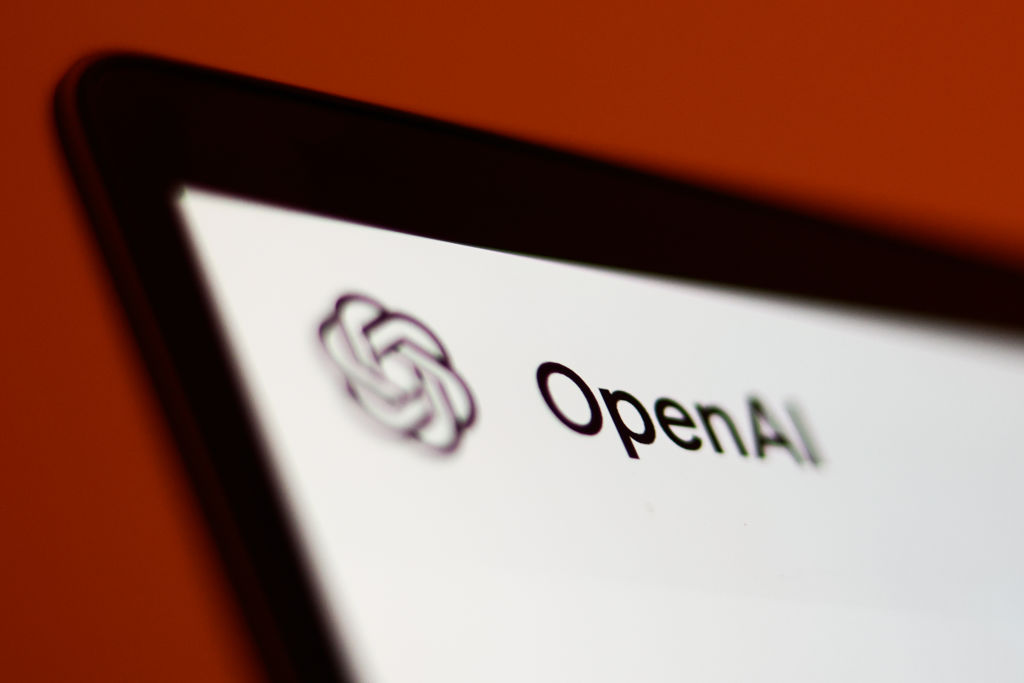In a significant move to bolster its artificial intelligence (AI) capabilities, Apple has reportedly established a new internal team named Answers, Knowledge, and Information (AKI). This initiative aims to develop a proprietary answer engine designed to provide users with precise, conversational responses to their queries, potentially positioning Apple as a formidable competitor to existing AI chatbots like OpenAI’s ChatGPT and Google’s Gemini.
Formation of the AKI Team
The AKI team is led by Robby Walker, a seasoned executive with a background in Siri development, who now reports directly to Apple’s AI chief, John Giannandrea. This strategic alignment underscores Apple’s commitment to enhancing its AI infrastructure and reducing reliance on external partners. The primary objective of the AKI team is to create an AI-driven system capable of delivering accurate and contextually relevant answers by aggregating information from across the web.
Integration Across Apple Ecosystem
Apple envisions integrating this answer engine into various facets of its ecosystem, including Siri, Spotlight, and Safari. This integration aims to provide users with a seamless and intuitive search experience, enhancing the functionality of Apple’s native applications. Additionally, Apple is exploring the possibility of launching the answer engine as a standalone application, further expanding its reach and utility.
Recruitment and Expertise
To support this ambitious project, Apple has initiated a recruitment drive, seeking professionals with expertise in search algorithms and engine development. This targeted hiring strategy indicates the company’s dedication to building a robust and efficient AI system capable of handling complex user queries with precision and speed.
Strategic Implications
The development of an in-house answer engine represents a strategic shift for Apple, which has traditionally relied on partnerships for search functionalities. By creating its own AI-driven search capabilities, Apple aims to reduce its dependence on external entities, such as Google, and gain greater control over the user experience within its ecosystem. This move also aligns with Apple’s emphasis on user privacy, as an internally developed system can be more effectively tailored to uphold the company’s stringent privacy standards.
Challenges and Considerations
Despite the potential benefits, Apple faces several challenges in this endeavor. The AI landscape is highly competitive, with established players like OpenAI and Google continually advancing their technologies. Additionally, developing an answer engine that delivers accurate, context-aware responses requires significant resources and expertise. Apple must also navigate potential regulatory scrutiny, especially concerning data privacy and antitrust considerations.
Conclusion
Apple’s initiative to develop its own AI answer engine signifies a proactive approach to enhancing its AI capabilities and offering users a more integrated and privacy-focused search experience. While the project is still in its early stages, it reflects Apple’s commitment to innovation and its strategic vision for the future of AI within its ecosystem.



